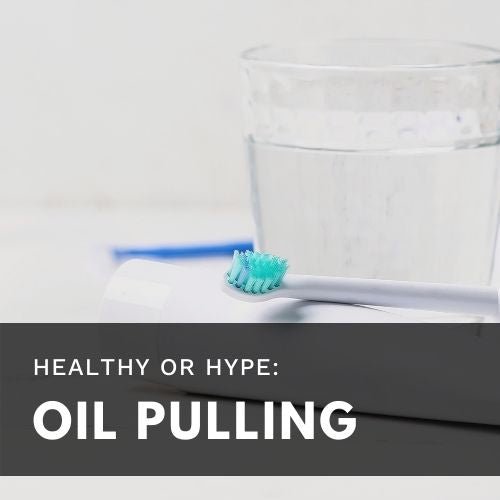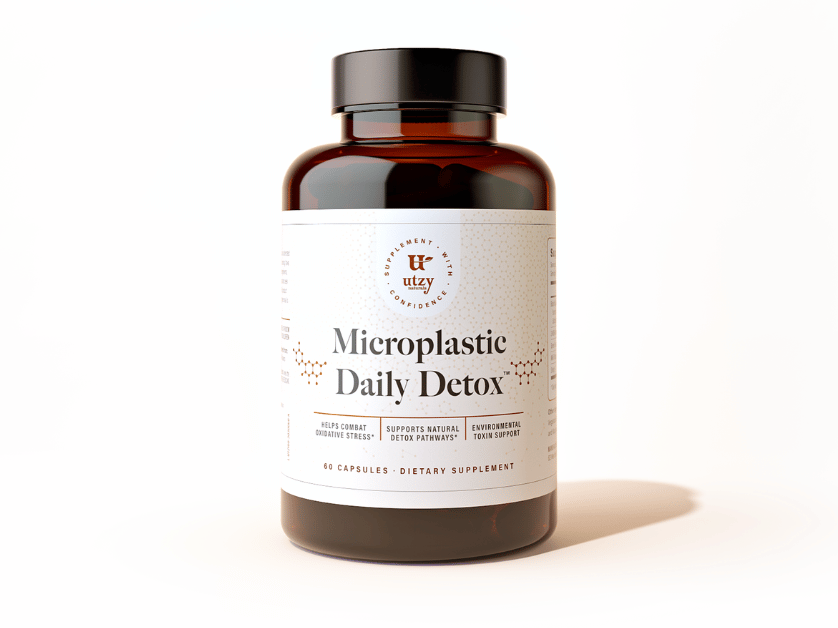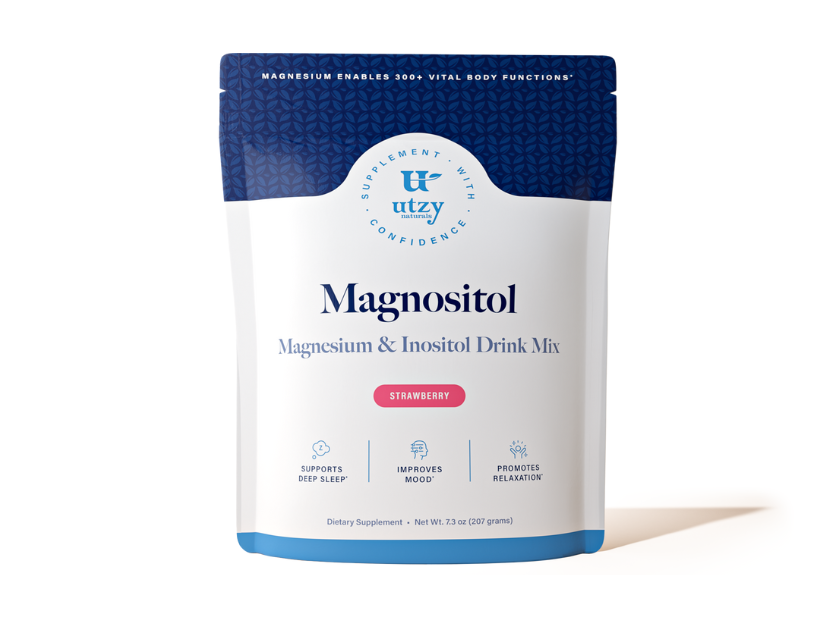shop
learn

Healthy or Hype? Is Oil Pulling Helpful?
October 10, 2023 4 min read
What might swishing some oil in your mouth do for your health?
A popular technique called “oil pulling” has gained popularity, and is claimed to help improve dental health, reduce inflammation, and reduce harmful bacteria in your mouth.
So, can it provide all those benefits?
This article will discuss the research behind oil pulling.

What is Oil Pulling?
Oil pulling involves swishing oil, typically coconut oil, back and forth in your mouth for 5-10 minutes. This practice is said to remove bacteria and support your oral hygiene.
Oil pulling has been around for thousands of years, and is a traditional folk remedy practiced in ancient India.
Due to side effects to many modern medicines and oral hygiene products, many people are looking at oil pulling for a safe alternative (1).
Limited research, but consistent evidence is in support of oil pulling for overall oral hygiene (2).
Benefits of Oil Pulling:
Below are the top research-backed benefits of oil pulling.
1. May Help Reduce Harmful Bacteria in the Mouth
The human mouth contains about 700 different types of bacteria (3).
These bacterias can contribute to problems such as (4, 5). :
- gingivitis
- cavities
- and bad breath (known medically as halitosis)
Research has found that oil pulling may help reduce harmful bacteria found in the mouth.
For example, one study of 60 participants, found that oil pulling was as effective at killing harmful bacteria as mouthwash (6).
2. May Support Gum Health
Gingivitis is a common form of gum disease that can cause redness, irritation, and swelling (inflammation) of the gums.
Fortunately, oil pulling may be helpful for reducing the risk for gum disease.
That’s because coconut oil contains inflammation-reducing properties, which may be helpful at fighting off inflammation of the gums (7).
For example, one study looked at the impact of oil pulling on gingivitis for 30 days. The results showed a significant decrease in plaque and the severity of gingivitis in the study participants over the duration of the study (8).
3. Could Help with Tooth Decay
Tooth decay, also known as a dental cavity, occurs when bacteria within the mouth starts attacking your teeth.
These bacteria make acids that attack the tooth’s surface (or enamel), which can lead to a small hole in the tooth called a cavity. If left untreated, it can lead to pain, and/or tooth loss (9).
Research has found oil pulling to be beneficial for reducing harmful bacteria which can contribute to tooth decay.
For example, one study found that oil pulling was beneficial for reducing a bacteria called Streptococcus mutan which is an acid-producing bacteria that can contribute to tooth decay (10).
Another study found oil pulling to significantly reduce in Streptococcus metan after just one week of use (11).
4. It’s Cheap & Easy to Do
Oil pulling is a simple and cost-effective way to support your health (12).
For example, a container of organic coconut oil or olive oil can cost less than $10.
Plus, since you only need about one tablespoon of oil per time, one container of oil can last quite awhile.
How to Do Oil Pulling:
Interested in trying oil pulling for the first time? Here’s four simple steps to help you get started.
- Take 1 tablespoon of oil such as coconut or olive oil and place the oil in your mouth.
- Swish the oil around in your mouth for 5-10 minutes (the goal is to eventually work up to 15-20 minutes). Make sure not to swallow any of the oil as it contains all of the bad bacteria that you are trying to remove from your body.
- Spit the oil out into a trash can. Avoid spitting it in the sink or toilet as this can cause oil buildup and can lead to clogging of drains.
- Rinse your mouth with water or brush your teeth afterwards.
Things to Know About Oil Pulling:
When doing oil pulling, it’s important to keep a couple of things in mind (14):
- Never swallow the oil since it can contain harmful bacteria and toxins.
- It’s best to do oil pulling in the morning on an empty stomach before you brush your teeth.
- If 15-20 minutes seems too long at first, start with just 5 or 10 minutes. Likewise, if your jaw begins to ache, decrease the time.
- Always rinse your mouth or brush your teeth afterwards.
My Verdict: Is Oil Pulling Worth the Effort?
I say oil pulling is definitely worth a try since it’s so inexpensive and a simple thing to do.
Keep in mind that oil pulling isn’t a cure-all, and it’s still important to focus on supporting your oral health in other ways such as regular brushing, flossing, reducing sugar intake, and reducing intake of acid foods and beverages (15).
Have you tried oil pulling before?

Leave a comment
Comments will be approved before showing up.
Also in Health
Subscribe
Sign up to get the latest on sales, new releases and more …
Join the Utzy Naturals Club!
Sign up and get the latest on sales, new releases, and more...





